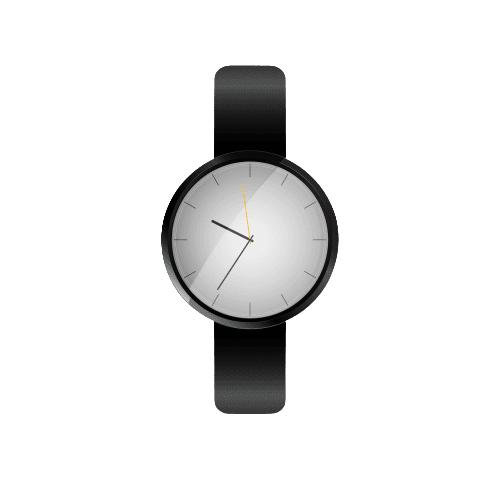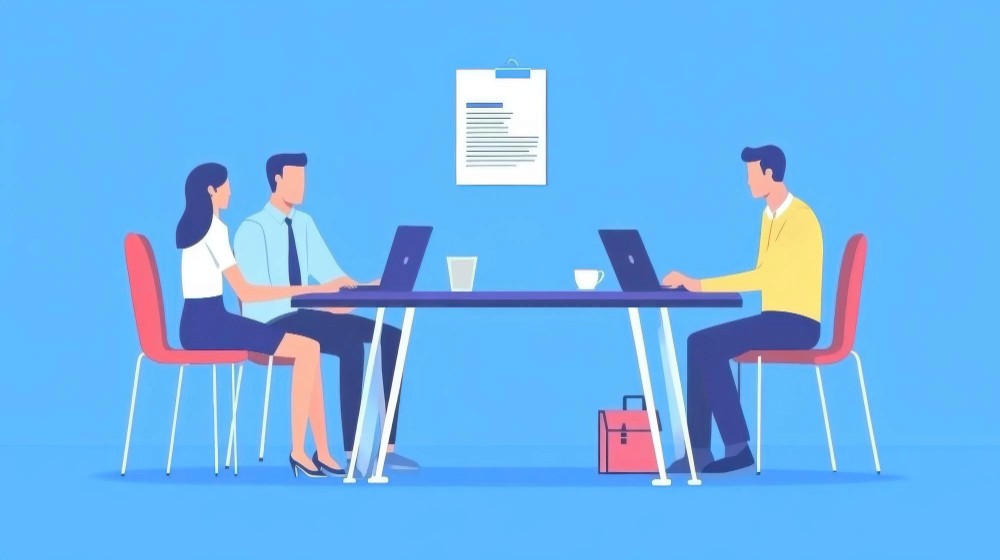Avoid These Common Interview Mistakes as Fresher
Imagine this: You’re sitting in the waiting room, heart racing, palms slightly sweaty, rehearsing your answers in your head. It’s your first job interview mistakes, and you want to make a great impression. The stakes feel high, and you’re not alone if you feel a mix of excitement and anxiety. After all, acing a job interview as a fresher can be daunting. You don’t have years of experience to lean on, and you’re stepping into a world where you’re still learning the ropes.
If you’re feeling nervous, take a deep breath. You’ve already accomplished a lot just by landing the interview. Now, let’s ensure you don’t stumble on some of the Common Mistakes to Avoid During the Interview. Here are the pitfalls to avoid and how to navigate them with confidence and poise.
Does This Sound Like You?
Meet Karan. He’s a recent graduate with a degree in Finance. Despite his solid academic background, he finds himself struggling in interviews. He often fumbles when asked about his weaknesses or freezes when unexpected questions come his way. Like many freshers, Karan feels he doesn’t have enough experience to impress interviewers and worries he’s not saying the right things.
Can you relate? If you’re nodding, don’t worry—you’re not alone. Interviews can be nerve-wracking, but by avoiding these common mistakes, you can walk into the room with confidence.
1. Failing to Research the Company
One of the biggest mistakes freshers make is walking into an interview without understanding the company’s mission, values, or culture. Employers want to know that you’re genuinely interested in their organization, not just looking for any job.
Solution:
Take the time to thoroughly research the company before your interview. Visit their website, read recent news articles, and familiarize yourself with their products, services, and company culture. Prepare to discuss how your skills and values align with theirs.
Tip:
“Tailor your answers to show how you can contribute to the company’s goals. Mention specific projects or initiatives they’re working on and express your enthusiasm for being a part of those efforts.”
2. Overusing Buzzwords and Jargon
While it’s important to sound knowledgeable, overusing industry jargon or buzzwords can backfire, especially if you’re not entirely sure what they mean. This can come across as inauthentic or as if you’re trying too hard to impress.
Solution:
Use clear, simple language to communicate your points. Focus on demonstrating your understanding and enthusiasm rather than trying to impress with big words. Remember, authenticity is key.
Tip:
“Instead of saying, ‘I’m a synergistic team player with a proactive mindset,’ try ‘I enjoy working in teams and am always ready to take on new challenges.’ Clear, simple language is more effective and relatable.”
3. Talking Too Much or Too Little
Finding the right balance in an interview is crucial. Talking too much can make you seem nervous or unfocused, while talking too little can make you appear disinterested or unprepared.
Solution:
Practice concise, structured responses to common interview questions. Aim for answers that are between 30 seconds to 2 minutes long, depending on the complexity of the question. Practice with a friend or in front of a mirror to build confidence.
Tip:
“Use the STAR method (Situation, Task, Action, Result) to structure your responses. This helps you stay on track and ensures you provide complete, concise answers.”
4. Failing to Prepare for Common Interview Questions.
Many freshers walk into interviews without having practiced answers to common questions like “Tell me about yourself,” “What are your strengths and weaknesses?” or “Why should we hire you?” This can lead to nervous rambling or incomplete answers.
Solution:
Prepare and rehearse answers to common interview questions. Reflect on your experiences, skills, and achievements, and think about how they relate to the job you’re applying for.
Tip:
“Use specific examples from your academic or internship experiences to illustrate your points. For example, instead of saying, ‘I’m a hard worker,’ say, ‘During my internship at ABC Corp, I managed multiple projects simultaneously and consistently met tight deadlines.’”
5. Neglecting Body Language.
Body language speaks volumes in an interview. Slouching, avoiding eye contact, or fidgeting can make you appear nervous or disinterested, even if your words are confident.
Solution:
Practice positive body language—sit up straight, maintain good eye contact, and offer a firm handshake. Nod to show you’re listening and lean slightly forward to demonstrate engagement.
Tip:
“Record yourself during a mock interview to observe your body language. This can help you identify and correct any nervous habits, like fidgeting or avoiding eye contact.”
6. Forgetting to Ask Questions.
When the interviewer asks, “Do you have any questions for us?” don’t pass up this opportunity! Failing to ask questions can make you seem uninterested or unprepared.
Solution:
Prepare a list of thoughtful questions to ask the interviewer. Focus on the company’s culture, team dynamics, or growth opportunities. This shows that you’re not only interested in the job but also invested in understanding the organization.
Tip:
“Ask questions like, ‘What does a typical day look like in this role?’ or ‘How does the company support professional development and career growth?’ These questions show you’re thinking ahead and eager to contribute.”
7. Not Following Up After the Interview.
One often overlooked step is following up after the interview. Not sending a thank-you email can leave a bad impression, as it may seem like you’re not genuinely interested in the job.
Solution:
Send a personalized thank-you email within 24 hours of your interview. Mention something specific from the conversation to reinforce your interest in the role and the company.
Tip:
“Keep your thank-you note concise, professional, and positive. Express your appreciation for the opportunity to interview and reiterate your enthusiasm for the role.”
Wrapping Up.
Interviews are a critical part of the job search process, and it’s normal to feel a bit nervous, especially as a fresher. However, by avoiding these common mistakes—failing to research the company, overusing jargon, talking too much or too little, not preparing for common questions, neglecting body language, forgetting to ask questions, and not following up—you can significantly improve your chances of making a great impression.
Ready to ace your first interview? Practice these tips, stay calm, and remember—you’ve got what it takes to succeed!
0:00/1:34
Don't have enough time to read?
Listen


6 mins
Freshers
Discover top common interview mistakes freshers make and learn how to avoid them with practical tips to boost your confidence and leave a lasting impression.

Team NxtClue
|
Sep 1, 2024
Copyright © 2024 NxtClue | All Rights Reserved

I May Not Be the Menu, But I Can Still Guide You – I Know Some Shortcuts!
With us
Decision is yours
Without us

Related Blogs








